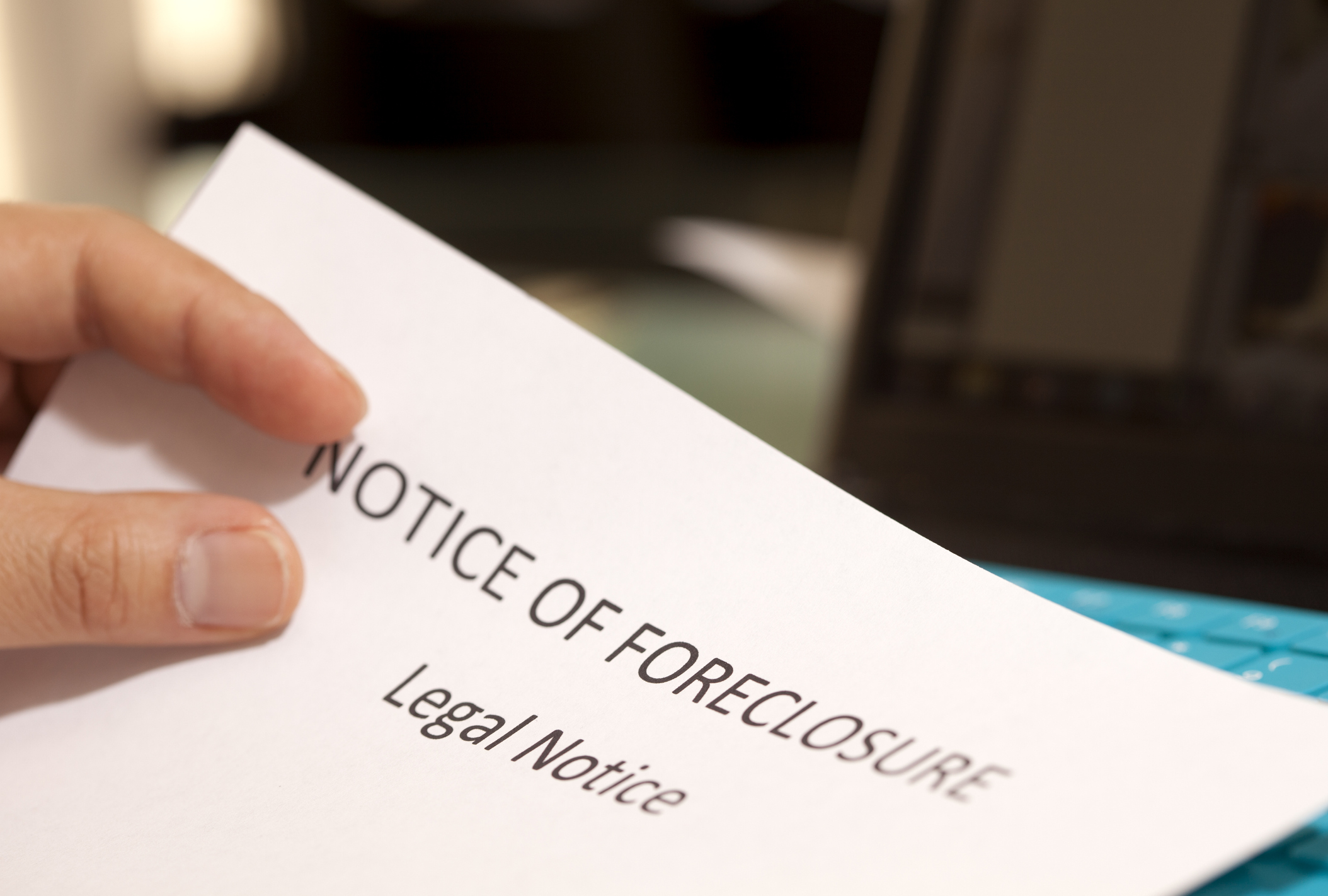Homeownership is the dream of many Americans. Unfortunately, economic downturns and inflated home prices have put families across the U.S. in the troubling position of having mortgages they cannot keep up with. The prospect of losing a home is devastating. When you are already under financial stress, it can all seem like too much to handle. If you are facing the possibility of foreclosure, you may still have options. Sometimes, due to things like bank error, you can prove wrongful foreclosure and might be able to save your home.
Proving Wrongful Foreclosure
A lender foreclosing on a home has two options. The lender may choose to institute a judicial foreclosure action. In a judicial foreclosure action, a judge will oversee the process and decide how much is actually owed on your home. If you are unable to pay this amount within a certain amount of time, the court will proceed with auctioning your home. If you can come up with the money and any interest, you can get your home back.
In the alternative, a lender may choose the non-judicial foreclosure route. While not subject to court oversight, there are very strict laws with which a lender must comply with in order to execute a non-judicial foreclosure. In fact, a non-judicial foreclosure is sometimes referred to as a “statutory” foreclosure because of the statutes that must be observed during the process. Should the lender fail to comply with statutory requirements, you may use the violations as grounds for challenging the foreclosure.
You may be able to stop either a judicial or nonjudicial foreclosure by asserting wrongful foreclosure. One of the first places to look to challenge a foreclosure is to look at the lender’s grounds for the foreclosure. You can prove wrongful foreclosure if you have substantiated evidence that the lender has miscalculated the amount of your financial delinquency. In the alternative, you may be able to assert wrongful foreclosure if you can prove that the bank or lender is targeting you for a different reason.
Finding and proving justifiable grounds for a wrongful foreclosure lawsuit requires careful attention to details. It requires a thorough inspection of the mortgage terms. If the terms of the mortgage are unconscionable to the point where they would “shock the conscience,” then this may be a way out of foreclosure. This, however, is a tough standard to meet. Alternatively, you may be able to prove unfair lending practices. Lending institutions are required to provide you with critical pieces of information relating to your mortgage and your rights under your mortgage. If the bank failed to keep you informed about the foreclosure process or your rights, then this may be grounds for wrongful foreclosure.
Wrongful Foreclosure Attorney
If you are facing the prospect of foreclosure, know that you still have options. The Law Offices of Bryce Cook will look at the individual details of your case to find out the best way to help you. We are committed to fighting for our clients as we work to save their homes from foreclosure. Contact the Law Offices of Bryce Cook today.










